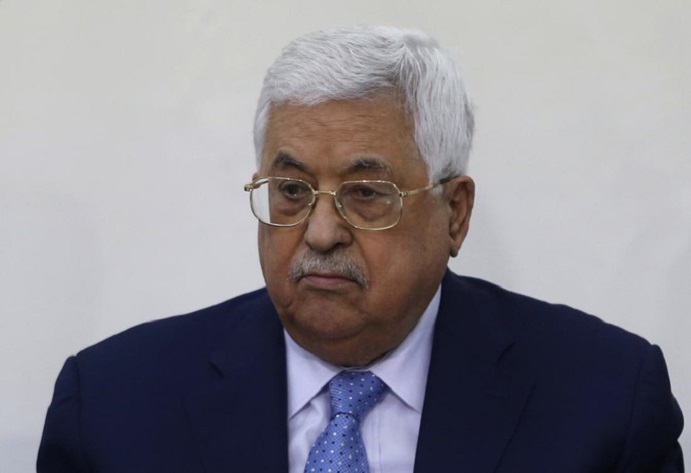Ramona Wadi
Middle East Monitor / June 23, 2020
The main arguments against the impending Israeli annexation of land in the occupied West Bank are dominated by proponents of the Zionist colonial project. Of course some Palestinians are speaking out against annexation, but the political framework is missing, as the Palestinian Authority and the international community intended it should be all along.
Among Israeli supporters, those against annexation are speaking out to safeguard the Zionist colonial project. The former US Ambassador to Israel Martyn Indyk, for example, opined that annexation is “driving the Zionist project off a cliff.”
The possibility of US President Donald Trump losing November’s presidential election, according to Indyk, could leave Israeli Prime Minister Benjamin Netanyahu without the unilateral framework which has accelerated Israel’s political gains since December 2017, when Trump recognised Jerusalem as the Zionist state’s capital.
Israeli Brigadier General Yossi Kuperwasser, on the other hand, contradicted the earlier assumptions of the Israeli government that Palestinians would incite violence. Kuperwasser stated that he does not envisage “mass protest and chaos.” Moreover, any political reaction from the Arab world would amount to “more of a formality than a reflection of the reality on the ground.”
The Jerusalem Post has quoted PA official Jibril Rajoub calling for “peaceful popular resistance”. At a time when Israel is intent on appropriating what remains of Palestine, Rajoub is saying that the PA will not make concessions over the two-state compromise and the 1967 borders, which is, in fact, the concession that enabled Israel to consolidate its colonial project.
All the PA’s rhetoric has been contradicted swiftly. Since Israel’s announcement, the Palestinian leadership has once again attempted to save face by posturing as an entity committed to the Palestinian cause and international impositions. The latter, however, were always a priority, given that any departure from the internationally-agreed parameters would hasten the PA’s own dissolution. Since the authority is playing a role in the colonial process, its first commitment is to refrain from jeopardising its contribution, as opposed to advancing legitimate Palestinian demands for decolonisation.
Annexation is illegal under international law. That is a fact, not an opinion. The international community is doing nothing to prevent this violation and the PA is in tacit agreement. Israel is assured that it can extend its ability to act impunity and, as a result, manipulate any evidence of Palestinian resistance to fit its purported security narrative. The Palestinian people will pay the political price of not being truly represented politically, since the PA only articulates what complements the normalisation process instigated by Israel and promoted by the international community.
Colonialism is a violent practice which cannot be opposed through peaceful resistance alone. There can be no peace without decolonisation, in particular when the international community make “peace” an aim synonymous with negotiations, to which the PA has voiced no opposition. Ambiguity suits PA politics; what better way to hold on to its borrowed power than to adhere to what is expected of it in terms of capitulation to Israel?
With just a week before Netanyahu is expected to start the annexation process, Israel barely has any need to lobby for support. It was clear when the announcement was made that the international community would not deviate from its usual perfunctory statements.
The PA, meanwhile, ignited a shard of possibility in terms of a different political strategy which very few Palestinians were willing to believe. The brief timeframe since PA leader Mahmoud Abbas’s grand announcement of cutting ties with Israel has proved the doubters right. The PA must now be called out for contributing to the normalisation of annexation and the almost inevitable addition to the number of internally displaced Palestinians.
Ramona Wadi is an independent researcher, freelance journalist, book reviewer and blogger; her writing covers a range of themes in relation to Palestine, Chile and Latin America













